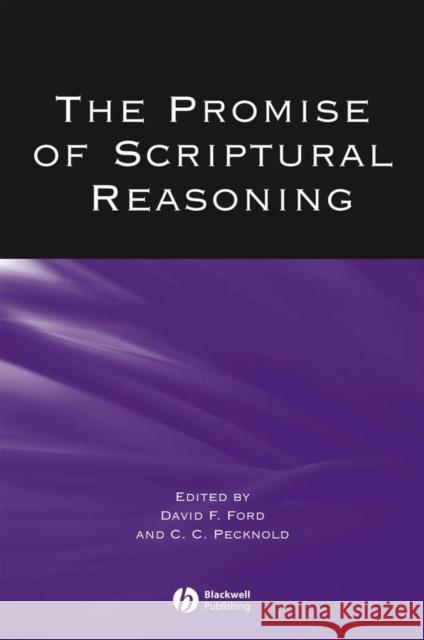The Promise of Scriptural Reasoning » książka
topmenu
The Promise of Scriptural Reasoning
ISBN-13: 9781405146302 / Angielski / Miękka / 2006 / 240 str.
With this volume, a group of scholar-practitioners of Islam, Judaism and Christianity invite readers to share in their understanding of scriptural text study and disciplined reasoning.
- Grapples with questions ranging from the nature of scripture and revelation to the relevance of philosophies such as idealism, pragmatism and phenomenology.
- Offers a constructive alternative to modernity, going deep into the scriptures while also drawing critically on modern philosophies and methodologies.
- Shows how Muslim, Jewish and Christian believers can study, reason and work together in a way that does not compromise their religious integrity and respects others' religious integrity.
- A timely publication, of interest to all those interested in interfaith dialogue or in the nature of scriptural study.











